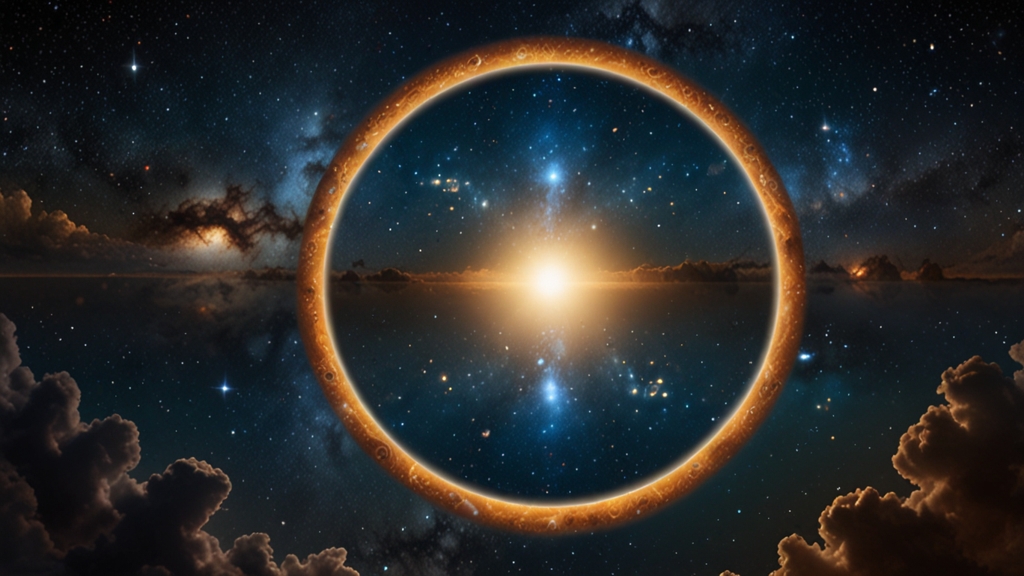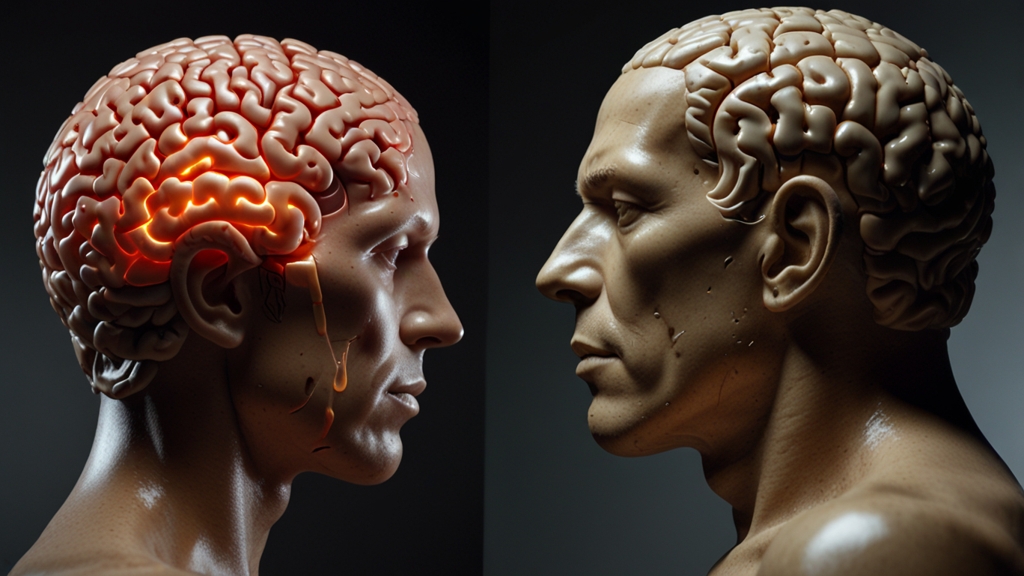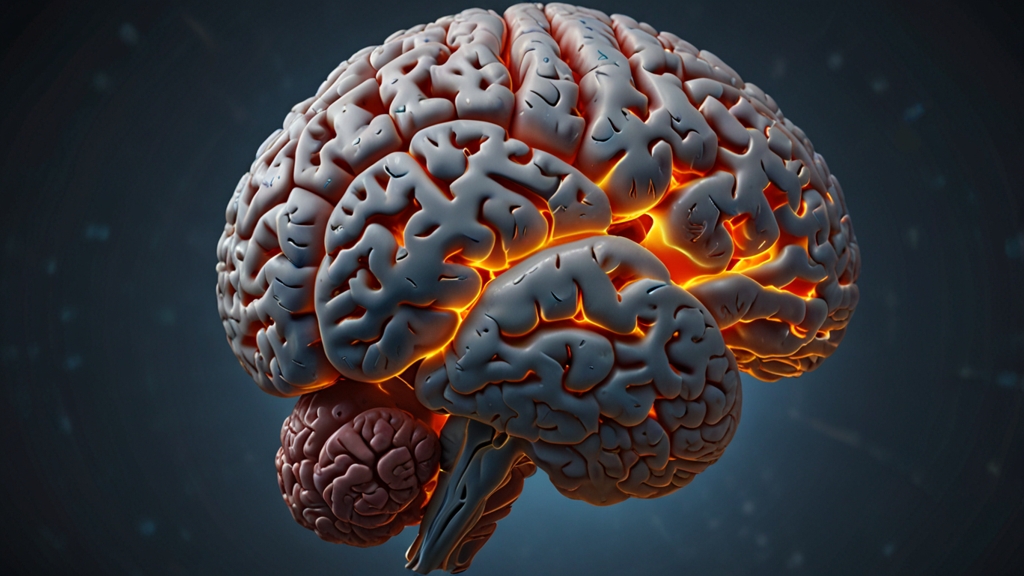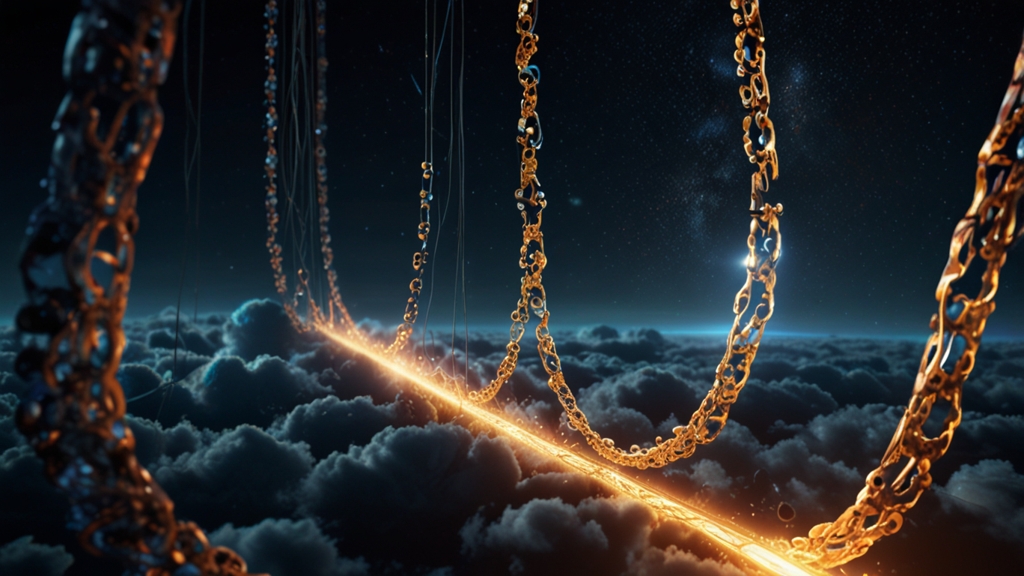Is Creationism Dead? A Modern Take on Creation Stories
The perennial human quest to understand our origins has given rise to a myriad of creation stories across cultures and epochs. From the Biblical account of Genesis to the intricate tales of Hindu cosmology, creation narratives have historically been the bedrock of human identity and worldview. However, in an age dominated by scientific inquiry and discovery, one might question: is Creationism dead?
The Rise and Fall of Creationism
Creationism, particularly in its Western incarnations, posits that the universe and life originated from specific acts of divine creation. This belief was axiomatic in pre-Enlightenment societies, where scripture was often the primary source of knowledge. With the advent of the Scientific Revolution, landmark theories such as Darwin's evolution and the Big Bang began to provide naturalistic explanations for phenomena once solely attributed to divine intervention.
The theory of evolution, elucidating how life forms adapt and change over time, and the Big Bang theory, explaining the universe's origins from a singular bursting point, posed significant challenges to Creationist narratives.
The Resilience of Creation Stories
Despite these scientific advancements, creation stories have not vanished; rather, they've adapted and evolved. In many communities, these stories are cherished cultural artifacts, holding a dual role as both spiritual truths and valuable mythologies. Creationism persists, particularly within fundamentalist and evangelical groups, who advocate for Intelligent Design as a counterpoint to Darwinian evolution.
Indeed, Intelligent Design posits that life is too complex to have arisen without the intervention of an intelligent cause—this theory attempts to harmonize empirical findings with theological perspectives. While criticized for lacking empirical rigor, it underlines a desire to find common ground between faith and reason.
Science and Spirituality: An Uneasy Truce
In broader society, there's a nuanced interplay between creation stories and scientific explanations. For many, these narratives are not mutually exclusive but rather complementary parts of a larger quest for understanding. Albert Einstein once remarked, "Science without religion is lame; religion without science is blind." This synergy can foster a more holistic appreciation of our origins and existence.
Albert Einstein once remarked, "Science without religion is lame; religion without science is blind." This synergy can foster a more holistic appreciation of our origins and existence.
The Modern Renaissance of Creation Stories
Interestingly, the digital age has reignited interest in creation stories. Online platforms and social media allow for the dissemination and reinterpretation of these narratives in unprecedented ways. Blogs, podcasts, and video channels explore themes that bridge the gap between ancient wisdom and contemporary understanding.
Moreover, emerging fields such as cosmology and astrobiology stir public imagination about the universe's origins. Questions about the existence of other life forms and parallel universes resonate deeply with the metaphysical inquiries driving traditional creation stories. This intersection of science and existential curiosity can engender new forms of storytelling that mesh empirical findings with philosophical speculation.
The Future of Creationism
Ultimately, creationism is far from dead. It continues to morph, adapting to the intellectual, spiritual, and technological landscape of contemporary society. While it may no longer hold the unchallenged authority it once did, its narratives endure as compelling expressions of humanity's quest to understand its place in the cosmos.
"The universe is made of stories, not atoms," said poet Muriel Rukeyser, underscoring the enduring power of narrative in shaping human experience and comprehension.
From ancient scriptures to modern scientific theories, the story of our origins will likely remain a profound and multifaceted tale that speaks to both the mind and the soul. In this light, creationism is not dead; it is evolving—much like the universe it seeks to explain.









